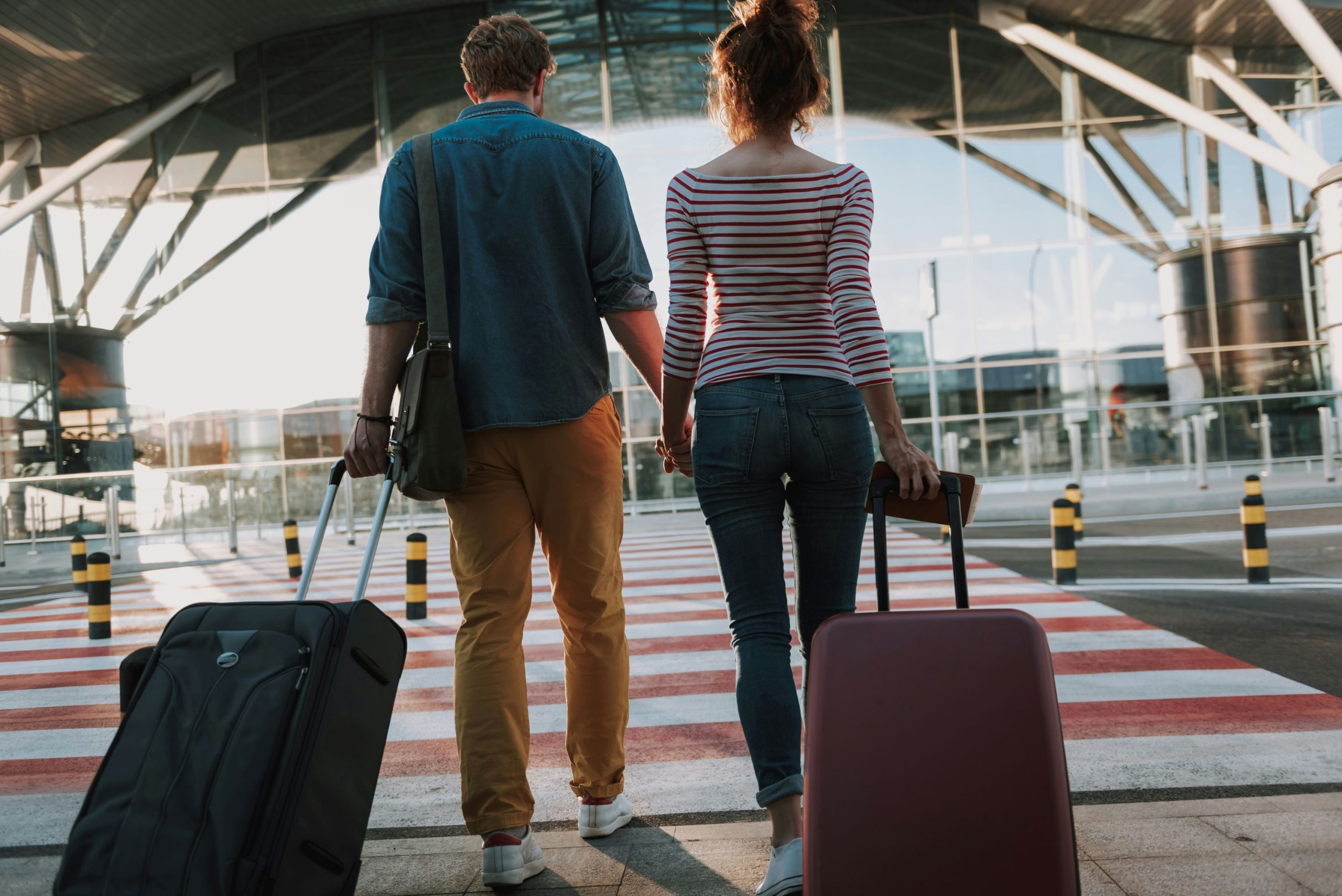Are you planning to fly by plane and do not know how to pack your luggage properly? What can you take and what better to leave? Below is a list of items that it is better not to take to the plane to avoid unpleasant surprises during security checks.
Liquids above permitted limits
Liquids in hand luggage are a basic principle that many travelers still fail to comply with. Each pack must not exceed 100 ml and all containers must fit in a 1 liter clear, sealable pouch. Larger bottles of shampoo, creams in large packaging or drinks above the limit will be taken.
Sharp objects
Knives, scissors with blades longer than 6 cm, penknives, razors and other sharp tools are items that invariably cause problems in security control. Even a commemorative Swiss pocket knife or an elegant letter knife must go to your checked baggage.
Lighters and flammable materials
Most airlines limit the transport of lighters to one piece that you should carry with you (not in your luggage). Flammable materials such as solvents, paints or certain high-alcohol hair and nail varnishes are strictly forbidden.
Workshop tools
Screwdrivers, hammers, drills and other workshop tools longer than 7 cm are usually prohibited in hand luggage. If you are traveling on business and need such tools, make sure that they are in your checked baggage.
Powerbanks and devices with lithium batteries in checked baggage
While powerbanks are allowed in hand luggage (with some capacity limitations), they cannot be placed in hold luggage due to fire risk. The same applies to devices with lithium batteries, such as laptops or some cameras.
Liquid or semi-liquid food
Jams, honey, peanut butter or yogurt are treated as liquids and are subject to the same restrictions – up to 100 ml in hand luggage. If you want to bring local delicacies, place them in your checked baggage or buy them after a security check.
Sports goods
Golf clubs, hockey, tennis rackets, ski equipment are items that, due to the size and potential danger, must be transported in the luggage hold. This also applies to surfboards, although some airlines offer special services for athletes.
Products of animal origin
When traveling internationally, especially to the EU, USA or Australia, avoid packing raw meat, unprocessed dairy products or honey. Sanitary regulations are very strict, and penalties for violating them can be very high.
Electronics
Although the packaging of too many electronic devices is not prohibited, it can lead to additional checks. Each unit has to be removed from the bag and placed in a separate container, which extends the inspection process.
Practical tips
· First, check the current regulations of the airline you will be traveling before traveling and packing
· If you have doubts whether an item is allowed, it is best to place it in your checked baggage
· Luggage regulations may vary depending on the country to which you are flying, if something is allowed at one airport, it may be taken to another
· Always keep valuable items like jewelry, documents or electronics in your hand luggage
Remember that proper luggage packing is the first step towards stress-free travel. By avoiding these items, you will save time for security checks and avoid keeping valuable items
